CRMA Law: a suspicious law that guarantees the supply of minerals and metals
- The Critical Raw Materials Act has just entered into force at European level. The law aims to be a law that guarantees the "secure and sustained" supply of minerals and metals for the development of renewable energies in the context of the climate emergency. The fact is, if we look at the environmental imbalances produced by these mining extractions, we soon realize that this is not the path that leads us to ecological transition. In addition, the study by Observatoire des Multinationals shows us how the Armero lobby makes it possible for the law to contain the raw materials indispensable for the war industry. The law will allocate the millions needed for the ecological transition to the production of firearms.

The direction taken in the name of the ecological transition leads us to replace one damage with another. It is not yet obvious, precisely because they suffer damage at the other end of the world, far from our comfort. There is nothing more to go to the zinc mines in China, to the lithium extractions in Chile or to the cobalt mines in Congo to realize the disruption of the transition based on the exploitation of minerals and metals. But sooner or later, it will also come to our country, and the law that the European Commission presented in March and which was published in the Official Journal on 3 May is the last significant text that strengthens that conviction.
Since 23 May, the CRMA Critical Raw Materials Act has been implementing a strategy that would provide a "secure and sustainable" supply of minerals and metals for Europe. "In order to achieve the ecological transition of the European Union, it will be necessary to strengthen local production of batteries, solar panels, permanent magnets and other clean technologies. We will have to acquire a large quantity of raw materials to meet the corresponding demand", according to the Council of Europe. To this end, Brussels aims to extract these premises and recycle these raw materials. In total, it has classified 34 subjects as necessary and strategic, including aluminium, nickel, copper, silicon and manganese most exploited by Europe. For example, global demand for aluminium is expected to increase by 80% between 2020 and 2050, precisely because it is all the tools for green energy production: photovoltaic, windmills, numerical technologies, electric car batteries... An electric car needs lithium, graphite, cobalt, nickel, manganese, disprosion, neodymium, praseodymium, terbium, copper...
Total dependence
In this sense, the CRMA law sets the following objectives: that at least 10% of the extractions of these first subjects are carried out in Europe – currently 3% – that 40% of local consumption is transformed in Europe, that 25% recover from recycling and that more than 65% of the consumption of one subject cannot depend on a single country. This last point has its importance in the current geopolitical environment. In Europe, for example, rare earth (encompassing seventeen metals) accounts for 98% of China, boron 98% of Turkey and platinum 71% of South Africa. The commodity market has always been a source of conflict, pressure, war and agreement, and minerals and metals are the new weapons of the 21st century.
Climate and energy experts Simone Tagliapietra et Cecilia Trasi question the feasibility of this law. The European Commission presvoit une augmentation vertigineuse de la demande matières premières critiques (The European Commission anticipates the huge unfolding of demand for critical raw materials). They say that there are a number of obstacles that have not been taken into account in the way that the law sets out: the complexity of the authorisation procedure, the opposition of well-established citizenship, the insecurity involved in the instability of the prices of these raw materials, the lack of infrastructure – the only rare earth treatment facility in Europe and in terms of recycling, there is no generalised collection system and economic aid in favour of it, and also the quality – is required in terms. They have two outputs on the table. On the one hand, instead of multiplying the mines, invest rapidly in the leading development of recycling. "Substantial improvements can certainly be achieved, enabling us to reduce dependence and environmental degradation, while achieving a more resilient and self-sufficient supply." On the other hand, they advocate strengthening relations with some of the participating countries at the international level.
Looking from the decolonial point of view and with the balance tilted towards the other side, it should be noted that this means maintaining the devastating colonial position of the West. In short, this economic strategy coincides with the agreements signed by the European Commission with different countries and with the Global Gateway investment fund – grants worth EUR 300,000 million to boost investment in non-European countries. The minerals and metals industry forever denies the environments and lives of every living thing, and it's too easy to get away from us.
Taxation tone
Following this strategy of developing the mining of metals and minerals within Europe, Brussels advocates shortening the time limit for obtaining land-mines licences: "Extraction projects shall be authorised not later than 27 months and recycling and processing projects 15 months." This leaves a little room for citizen dialogue and research into the environmental consequences. The law brings only a few exceptions in order to sweeten, in isolated cases, a bit of taxation. However, that of these mines is debatable, because it rivals pollution and destruction. This is also apparently why it is so poorly developed in Europe, because private companies find it easier to locate in countries with less environmental protection legislation. In this direction, it remains to be seen to what extent the laws and environmental measures adopted by Europe will survive.
The notification of recent weeks to Norwegians may be of concern: The company Rare Earths Norway has confirmed a rare earth pit of 8.8 million tonnes in south-east Norway. Starting the extraction is planned by 2030. It is good news for the European Union that it has just signed an agreement with Norway on ‘clean energy’ in April. At the moment there is no extraction of rare earths in Europe.
Following the CRMA law, companies in the renewable energy industry have been asked to diagnose their needs every three years. Because the objectives of Brussels and the Member States are going to be secured by companies. The report Du sang sur le Pacte Vert, published by investigative journalist Observatoires des Multinationals, shows that the lobby is a great industry. Companies in the sector know better than anyone that needs are going to increase rapidly and that, because the number of raw materials is limited, the shortage – and therefore impotence – is tomorrow morning. The International Energy Agency clearly states that by 2030, on the basis of the currently known reserves, there can be a shortage. Because in fifteen years' time, the demand for metals and minerals will be four times higher. As far as Europe is concerned, following the report drafted in 2020 by the Eurmétaux Association and the University of the Belgian city of Louvain, by 2050 it will take 35 times more lithium than the present one, 26 times more foreign land, cobalt will increase by 330%, copper 35% more, etc.
Pressure of armory lobbies
The pressures aimed at assimilating these raw materials and finding the least possible obstacles along the way have not been less, and this is, among others, the arms industry. In the presentation of the study of Observatoires des Multinationals we can read the following: "After fine speeches on the needs of minerals for the energy transition, the European law on critical raw materials has responded perfectly to the interests of the giants of mines, aeronautics and armaments." In particular, the aeronautics and armaments sectors, far from the renewable energy sector, have lobbied extensively to incorporate the minerals and metals essential in CRMA legislation, and thus be able to count on the support of public subsidies and the deregulation of environmental standards established by law. The only data: the consolidated budget for the lobbying sector of the ten largest companies in the armero sector in Europe was EUR 4.7 million in 2022.
The report contains the following note: "With the increased costs of the Green Pact and the loss of protection for people affected by mines, this cannot achieve the European Union's climate objectives. In addition, it does not guarantee the security of Europe, because metals will eventually be used in the construction of arms exported to the whole world."
The Department of Education doesn't understand why public employees have gone on strike. He's got to ask the LAB Syndicate. This union signed an agreement with the department in April 2023. Two years later they have also called for a strike because, unlike the previous ones, the... [+]
The year 2025 will lead to a general policy of establishing shorter working weeks, bringing low costs for new hires for companies and an effective direction of change in labour relations.
With the aim of complying with the Spanish government agreement, the reform to shorten the... [+]









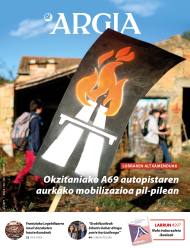

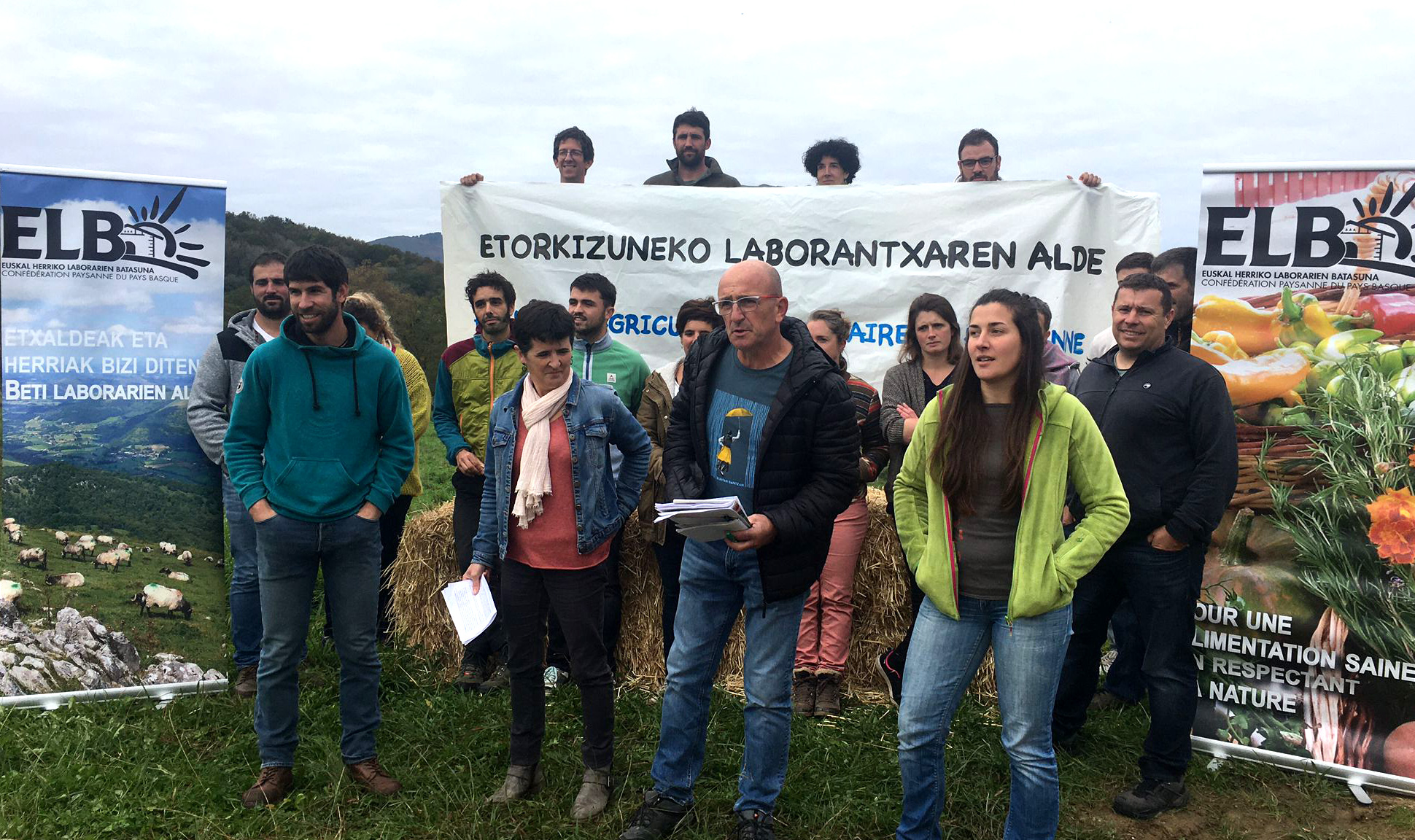
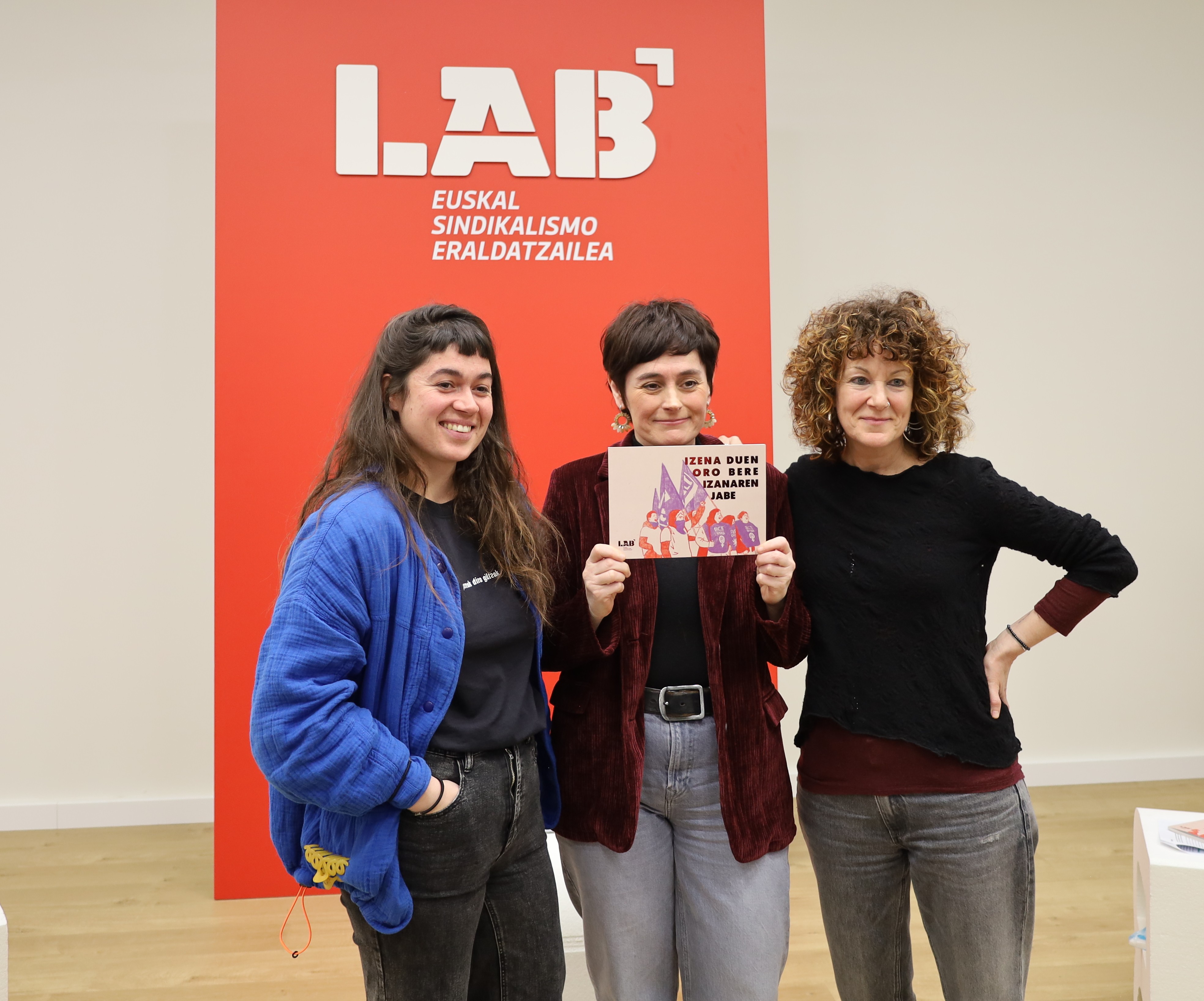


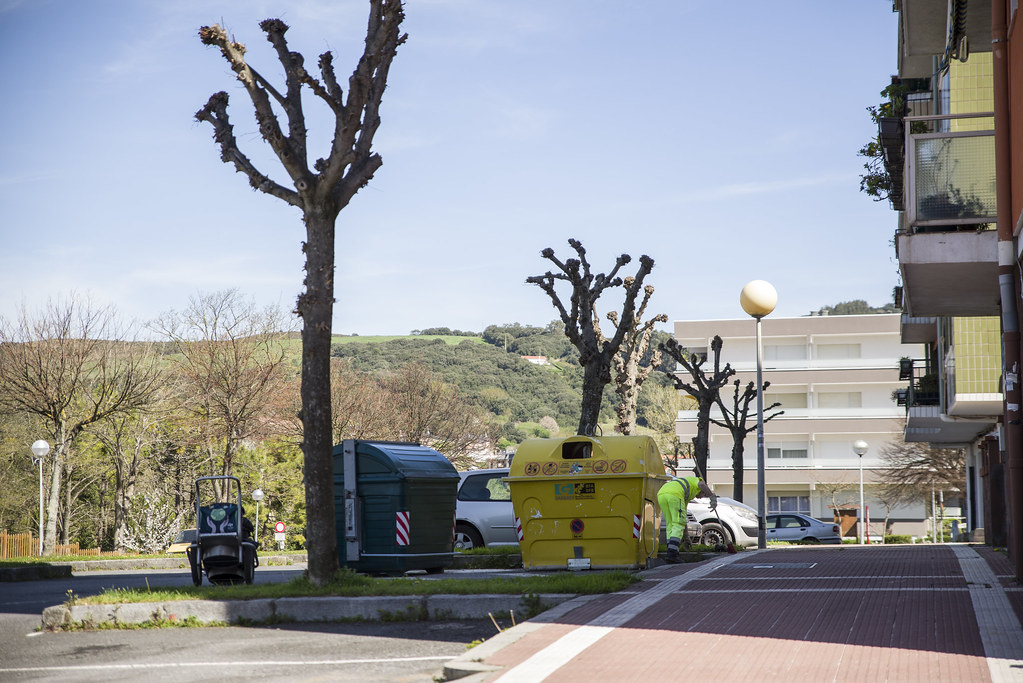
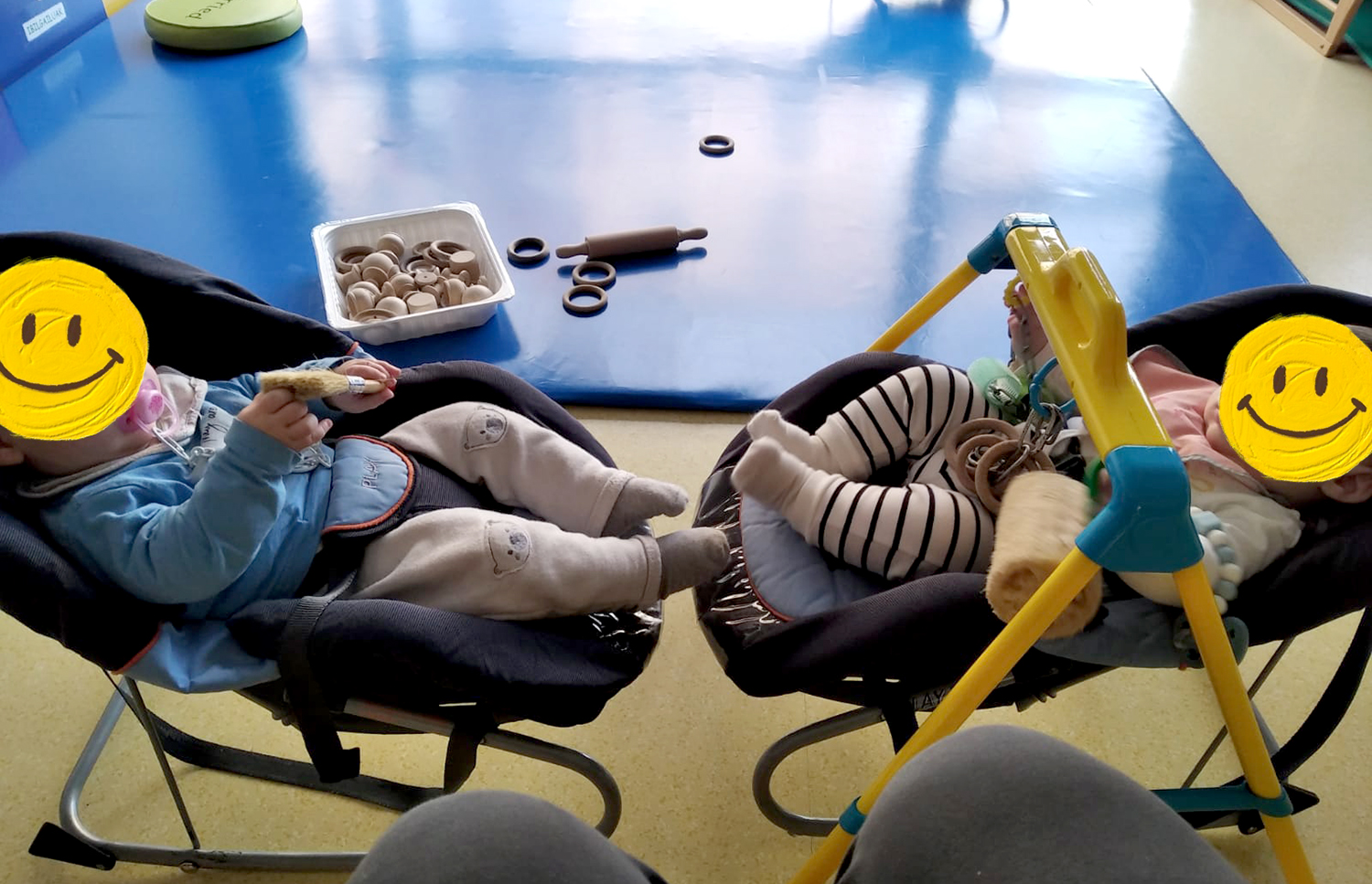
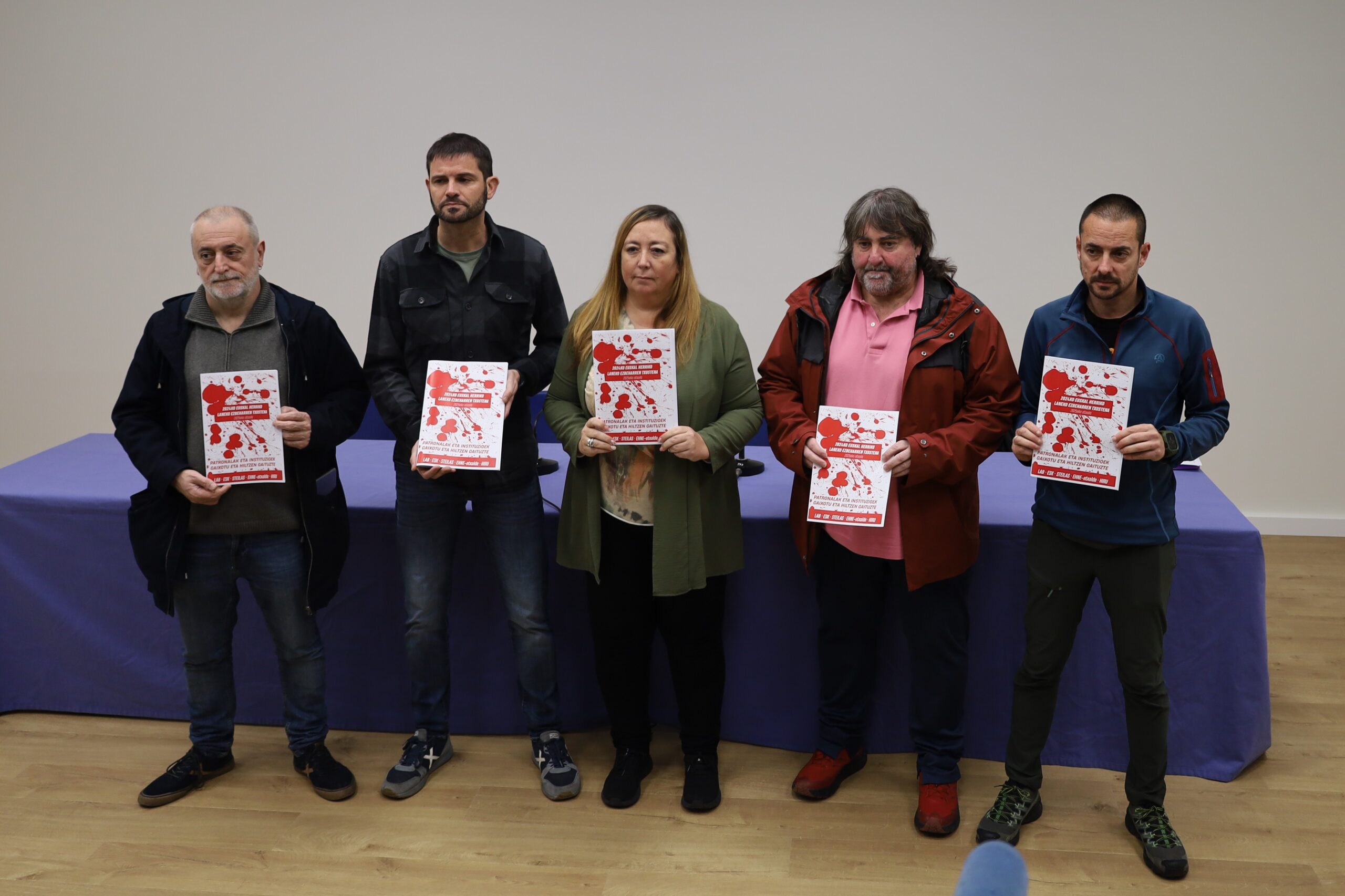

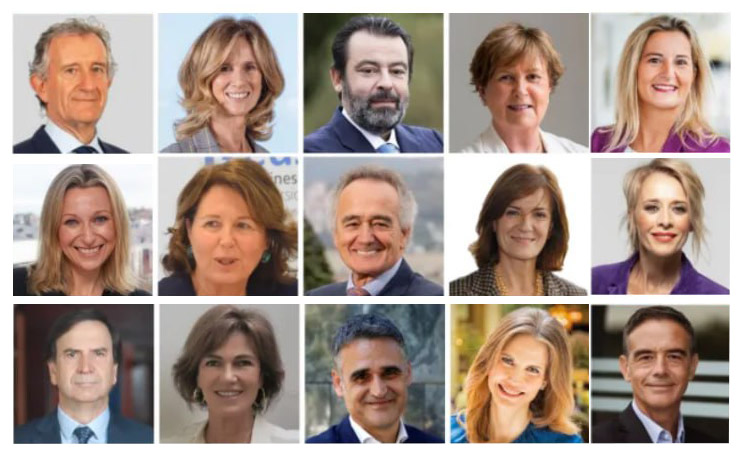

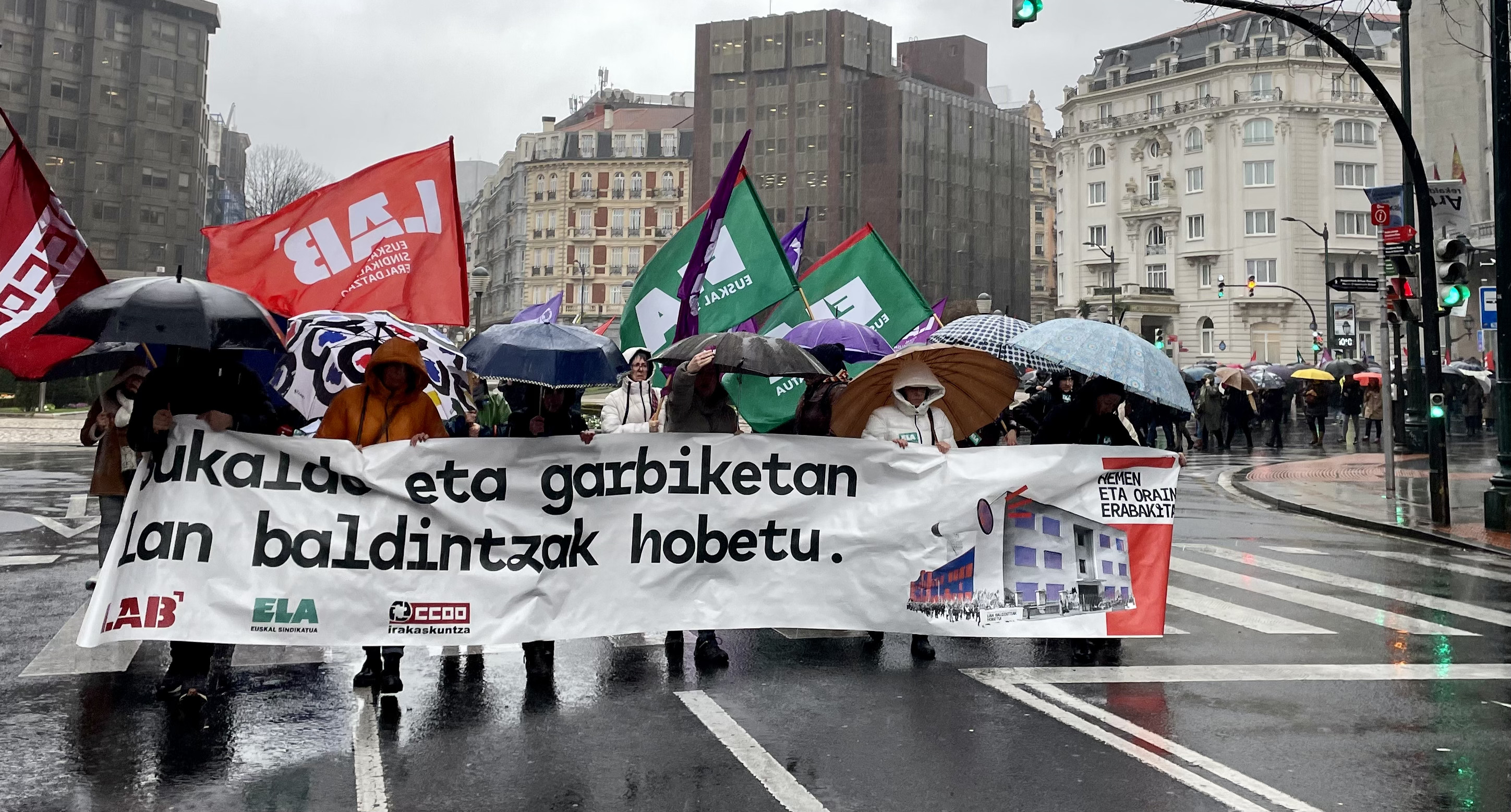
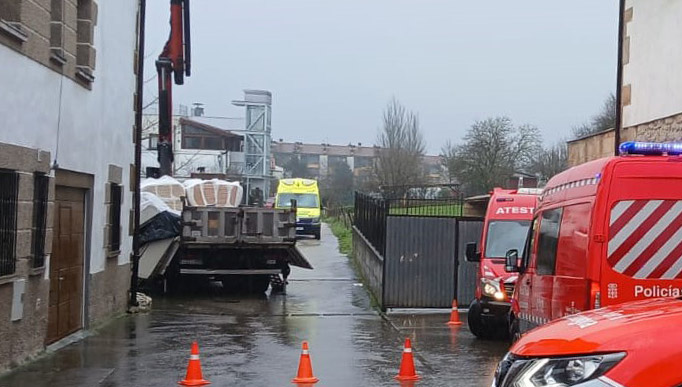
.jpg)